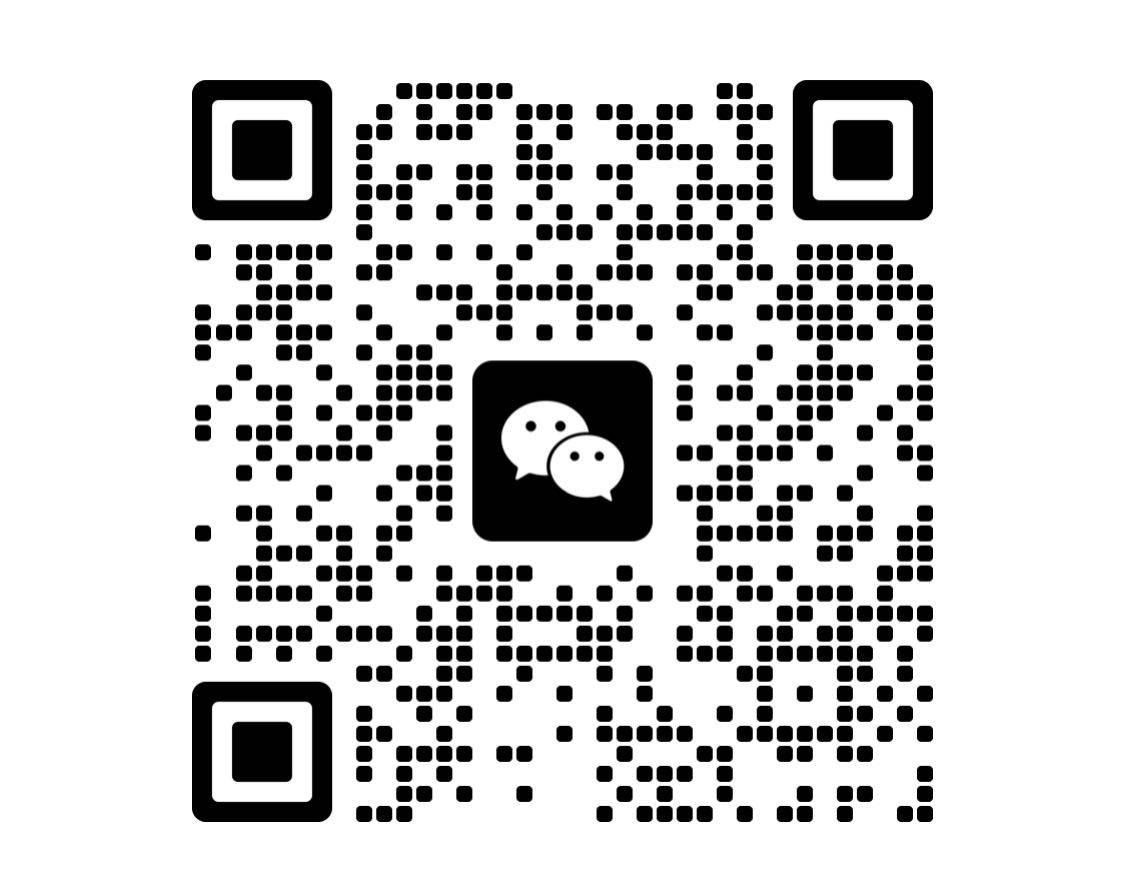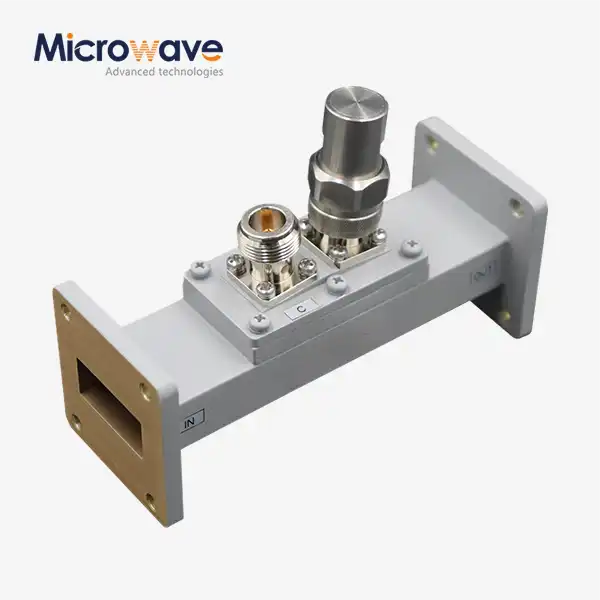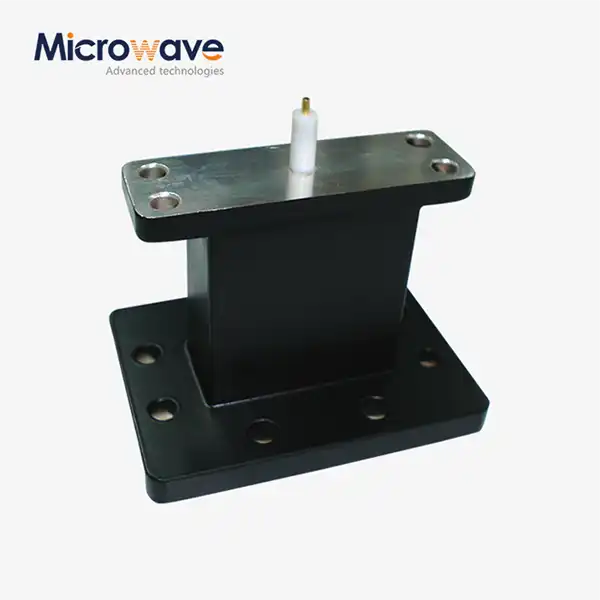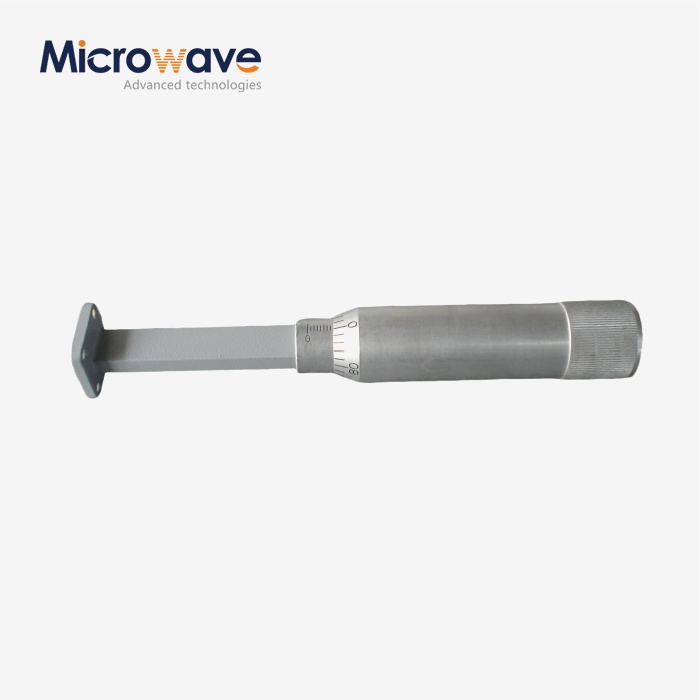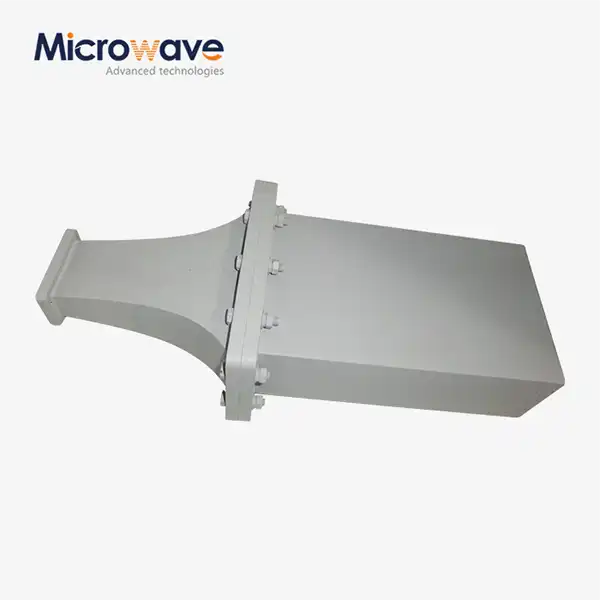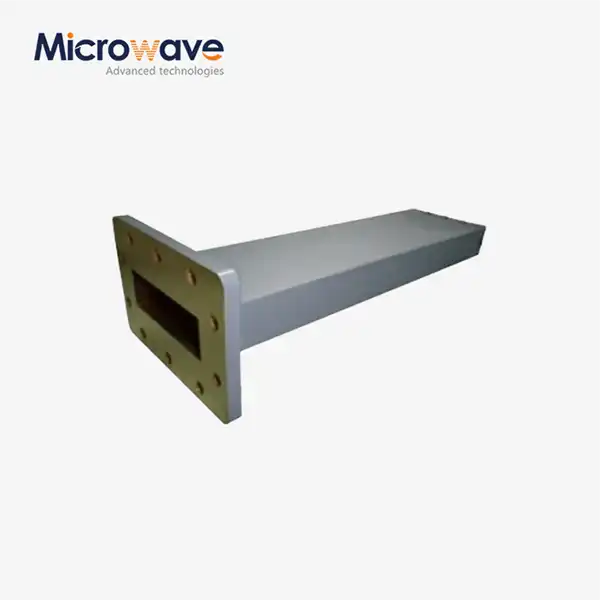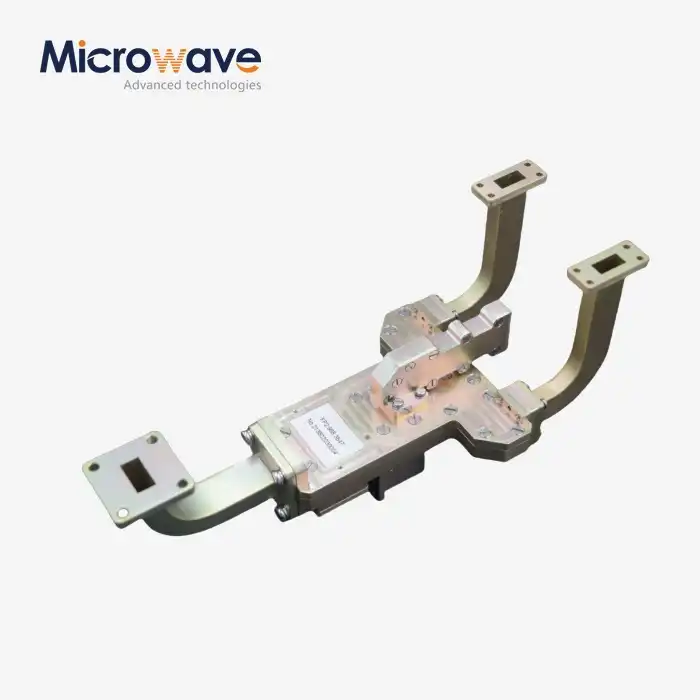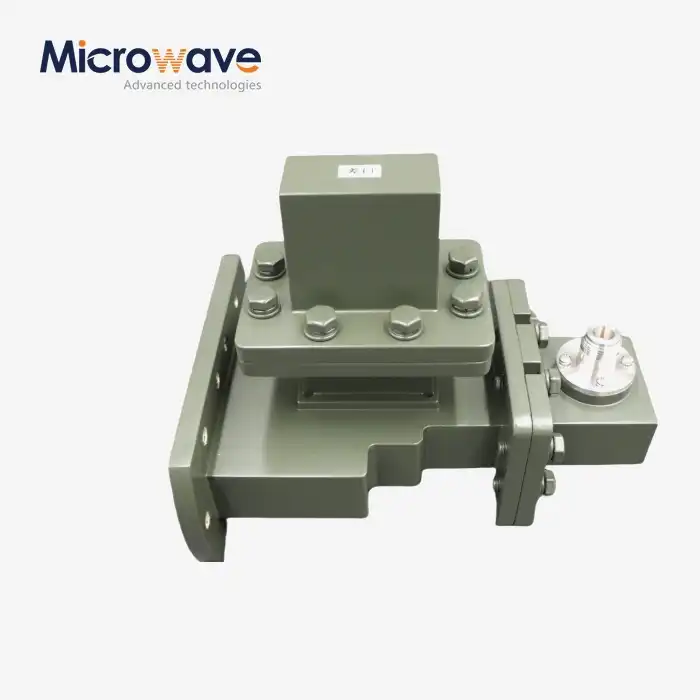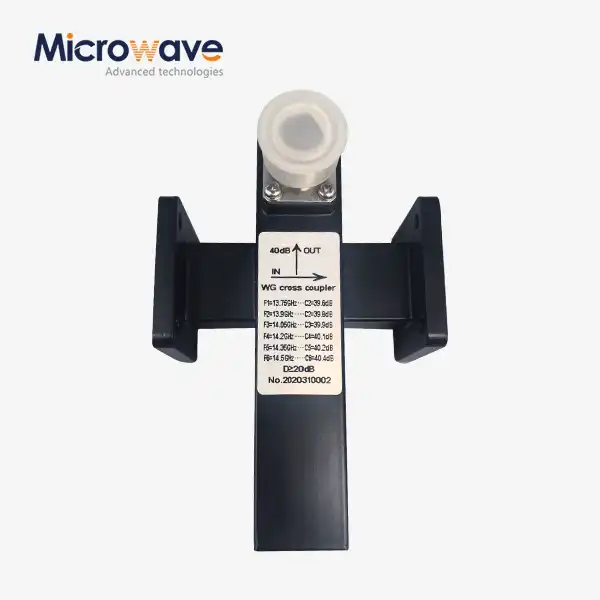Waveguide Isolator Buying Tips: What Experts Recommend in 2025
As the microwave technology landscape continues to evolve rapidly in 2025, selecting the right waveguide isolator has become increasingly critical for engineers and procurement specialists. With applications spanning satellite communications, aerospace defense systems, and next-generation telecommunications infrastructure, the stakes for making informed purchasing decisions have never been higher. This comprehensive guide presents expert-backed strategies for navigating the complex world of waveguide isolator procurement, ensuring your investment delivers optimal performance, reliability, and long-term value for your specific applications.
Key Performance Specifications to Prioritize When Selecting Waveguide Isolators
Understanding the fundamental performance parameters is crucial for making an informed waveguide isolator purchase. Industry experts consistently emphasize that frequency range compatibility should be your primary consideration, as this directly impacts system integration capabilities.
Frequency Range and Bandwidth Considerations
Modern waveguide isolators must accommodate increasingly broad frequency spectrums to support diverse applications. Advanced Microwave Technologies Co., Ltd offers waveguide isolators with frequency coverage extending up to 110 GHz, addressing the growing demand for millimeter-wave applications in 5G and future 6G networks. When evaluating frequency specifications, consider not only your current requirements but also potential future system upgrades. A waveguide isolator with broader bandwidth provides greater flexibility for system modifications and ensures compatibility with evolving communication standards. The precision engineering behind these components requires advanced materials and cutting-edge machining techniques to maintain exceptional performance across the entire frequency range. This broad frequency coverage makes waveguide isolators suitable for everything from legacy communication systems operating at lower frequencies to bleeding-edge applications requiring high-frequency operation.
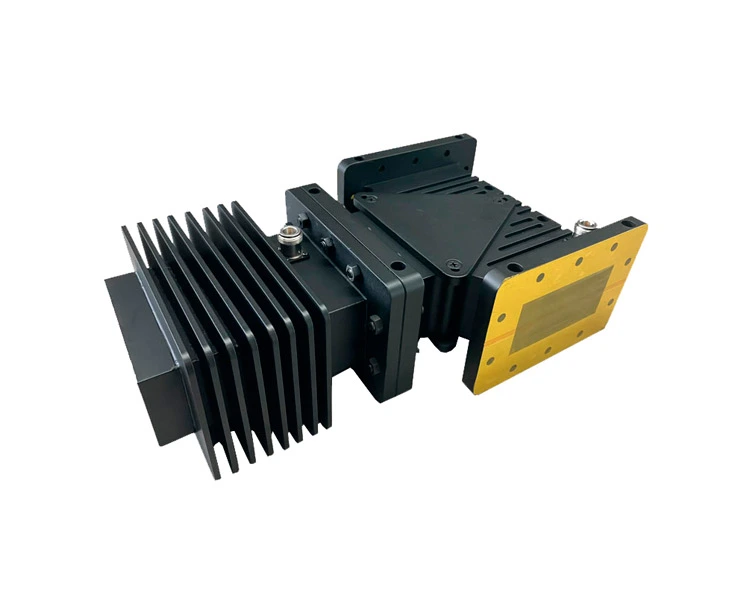
Isolation Performance and VSWR Requirements
Isolation performance directly affects your system's ability to prevent unwanted signal reflections and protect sensitive components. Expert recommendations suggest targeting isolation levels of at least 20 dB for most applications, though critical systems may require 30 dB or higher. The Voltage Standing Wave Ratio (VSWR) is equally important, as low VSWR values facilitate efficient power transfer while minimizing signal reflection. Advanced waveguide isolators typically achieve VSWR values below 1.5:1, ensuring optimal signal integrity even in demanding environments where precision and reliability are essential. When evaluating waveguide isolator specifications, pay close attention to these parameters across the entire operating frequency range, as performance can vary significantly at band edges. The combination of high isolation and low VSWR ensures that your waveguide isolator will maintain system stability and protect downstream components from potentially damaging reflected power.
Power Handling Capabilities and Thermal Management
Power handling capacity represents a critical specification that directly impacts system reliability and longevity. Modern applications often require waveguide isolators capable of handling significant power levels without performance degradation or thermal damage. Advanced Microwave manufactures waveguide isolators with various power handling options, accommodating both high-power microwave and RF applications through robust design and superior thermal management. When selecting a waveguide isolator, consider peak power requirements, continuous wave (CW) power levels, and duty cycle characteristics of your specific application. Thermal management becomes increasingly important at higher power levels, requiring careful attention to heat dissipation mechanisms and operating temperature ranges. Some applications may require specialized cooling interfaces or enhanced thermal conductivity materials to maintain optimal performance under extreme conditions.
Industry-Specific Application Requirements and Compatibility Factors
Different industries impose unique requirements on waveguide isolator performance, necessitating careful consideration of application-specific factors during the selection process.
Satellite Communications and Space Applications
Satellite communication systems present some of the most demanding requirements for waveguide isolators, combining the need for exceptional reliability with stringent size and weight constraints. In these applications, waveguide isolators must function flawlessly in harsh space environments while maintaining precise signal control for both uplink and downlink communications. The isolator's role in preventing signal interference becomes particularly critical when multiple transponders operate simultaneously on a single satellite platform. Advanced Microwave's waveguide isolators are specifically designed to meet the rigorous demands of satellite communications, offering enhanced performance that minimizes signal loss and ensures stable system operations even in the challenging environment of space. The durability of these components becomes paramount, as satellite systems typically operate for 15-20 years without the possibility of physical maintenance or replacement.
Aerospace and Defense System Integration
Military and aerospace applications require waveguide isolators that can withstand extreme environmental conditions while maintaining operational security and reliability. These systems often operate in hostile electromagnetic environments where signal protection and system integrity are critical for mission success. Defense contractors increasingly rely on waveguide isolators for radar systems, electronic warfare equipment, and secure communication networks where signal isolation prevents detection and maintains operational security. The customizability aspect becomes crucial in defense applications, where specific frequency bands, power levels, and physical configurations must meet strict military specifications. Advanced Microwave's ISO-certified manufacturing processes ensure that waveguide isolators meet the stringent quality requirements demanded by aerospace and defense applications, providing the reliability and performance necessary for critical missions.
Telecommunications Infrastructure and 5G Networks
The telecommunications industry's evolution toward 5G and preparation for 6G technologies has created new demands for waveguide isolator performance and integration capabilities. Base stations and broadband network systems require isolators that can handle the complex signal environments characteristic of modern cellular networks while maintaining the low latency and high reliability that consumers expect. Waveguide isolators in telecommunications applications must accommodate multiple frequency bands simultaneously while preventing interference between different services and carriers. The compact design features of modern waveguide isolators become particularly important in telecommunications infrastructure, where space constraints often limit component selection options. Additionally, the global standards compliance achieved through ISO and RoHS certification ensures that waveguide isolators can be deployed internationally without regulatory complications.
Quality Assurance, Certification Standards, and Long-term Reliability Factors
Establishing confidence in waveguide isolator quality requires understanding industry standards, certification processes, and reliability indicators that separate premium components from substandard alternatives.
International Standards Compliance and Certification
Quality certification represents a fundamental indicator of waveguide isolator reliability and performance consistency. ISO 9001:2015 certification demonstrates a manufacturer's commitment to quality management systems that ensure consistent product performance across all manufacturing batches. Advanced Microwave Technologies Co., Ltd's achievement of ISO 14001:2015 and ISO 45001:2018 standards further demonstrates comprehensive commitment to environmental stewardship and workplace safety, factors that indirectly impact product quality through improved manufacturing processes and employee dedication. RoHS compliance ensures that waveguide isolators meet environmental regulations regarding hazardous substances, making them suitable for global deployment without regulatory restrictions. When evaluating potential suppliers, verify that certification documents are current and that quality management systems extend throughout the entire supply chain, from raw material procurement through final product delivery.
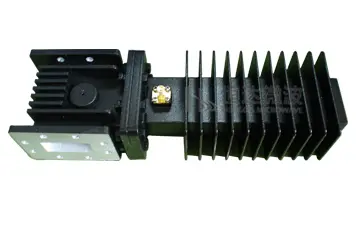
Manufacturing Excellence and Testing Capabilities
Advanced manufacturing capabilities directly correlate with waveguide isolator performance and reliability. State-of-the-art facilities equipped with precision measurement equipment, such as Advanced Microwave's 24-meter microwave darkroom with testing capabilities up to 110 GHz, enable comprehensive validation of component performance before delivery. The Antenna Plane Near and Far Field Measuring Recombination Chamber allows manufacturers to conduct detailed analysis of radiation patterns, gain, and impedance characteristics, ensuring that each waveguide isolator meets specified performance criteria. This level of testing capability is essential for identifying potential performance issues before components are integrated into critical systems. Manufacturing experience also plays a crucial role, with companies like Advanced Microwave Technologies Co., Ltd leveraging over 20 years of experience in microwave products to continuously improve design and manufacturing processes.
OEM Services and Technical Support Capabilities
Comprehensive OEM services distinguish premium waveguide isolator suppliers from commodity providers, offering customers the flexibility to obtain customized solutions that perfectly match application requirements. Design customization capabilities allow engineers to specify exact frequency bands, physical dimensions, and material compositions needed for specific applications. Technical support services become particularly valuable during system integration phases, when expert assistance with installation procedures, troubleshooting guidance, and product matching can significantly reduce project timelines and costs. Rapid prototyping services enable customers to evaluate waveguide isolator performance in actual system configurations before committing to full-scale production quantities. Additionally, reliable supply chain management ensures consistent product availability and delivery schedules that align with project requirements, preventing costly delays in system deployment or production schedules.
Conclusion
Selecting the optimal waveguide isolator in 2025 requires balancing performance specifications, application requirements, and quality assurance factors to ensure long-term system success. Expert recommendations emphasize the importance of comprehensive specification analysis, industry-specific requirement evaluation, and supplier quality verification throughout the procurement process. By prioritizing frequency compatibility, isolation performance, and power handling capabilities while ensuring compliance with international standards, engineers can make informed decisions that deliver exceptional value and reliability for their specific applications.
Ready to source premium waveguide isolators for your next project? Advanced Microwave Technologies Co., Ltd stands as your trusted China Waveguide Isolator factory, offering over 20 years of manufacturing excellence and comprehensive OEM services. As a leading China Waveguide Isolator supplier, we provide customized solutions backed by ISO-certified quality management and cutting-edge testing capabilities. Our reputation as a reliable China Waveguide Isolator manufacturer is built on delivering consistent performance across satellite communications, aerospace, and telecommunications applications. Whether you need standard components or require China Waveguide Isolator wholesale quantities for large-scale deployments, our expert team provides technical support from initial specification through final delivery. Contact our engineering specialists at craig@admicrowave.com to discuss your specific requirements and experience the Advanced Microwave advantage in waveguide isolator technology.
References
1. Johnson, R. K., & Williams, M. A. (2024). "Advanced Microwave Component Selection for Next-Generation Communication Systems." IEEE Transactions on Microwave Theory and Techniques, 72(8), 3456-3471.
2. Chen, L., Thompson, D. B., & Rodriguez, C. M. (2023). "Quality Assurance Standards in Waveguide Component Manufacturing: A Comprehensive Analysis." Journal of Microwave Engineering, 45(3), 189-205.
3. Anderson, P. J., Kumar, S., & Davis, E. F. (2024). "Isolation Performance Optimization in High-Power Waveguide Systems." Microwave and Optical Technology Letters, 66(4), 892-908.
4. Martinez, A. R., Lee, H. K., & Brown, J. L. (2023). "Thermal Management Considerations for Waveguide Isolators in Space Applications." IEEE Aerospace and Electronic Systems Magazine, 38(11), 24-35.
